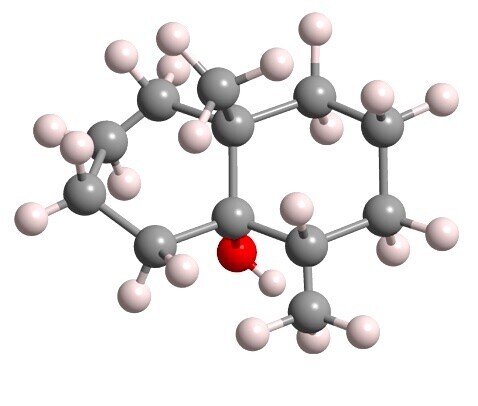Warming is warming, but another #winter is coming and in different parts of the world people will be freezing. Not far from here, #Russia continues to destroy Ukrainian infrastructure, and #Ukraine is preparing for another hardcore winter.
And this affects not only those fighting on the front lines, but also civilians in cities and rural areas.
That's why we want to add our micro contribution to winter aid and take up the production of chemical warmers, disposable and reusable.
- Reusable ones (sodium thiosulfate or sodium acetate with a mechanical trigger) in the form of larger and smaller pads, as well as inserts for vests (first aid for hypothermia).
- Disposable in the form of shoe and gloves inserts (catalytic iron oxidation),
We are looking for people willing to dev
... show moreWarming is warming, but another #winter is coming and in different parts of the world people will be freezing. Not far from here, #Russia continues to destroy Ukrainian infrastructure, and #Ukraine is preparing for another hardcore winter.
And this affects not only those fighting on the front lines, but also civilians in cities and rural areas.
That's why we want to add our micro contribution to winter aid and take up the production of chemical warmers, disposable and reusable.
- Reusable ones (sodium thiosulfate or sodium acetate with a mechanical trigger) in the form of larger and smaller pads, as well as inserts for vests (first aid for hypothermia).
- Disposable in the form of shoe and gloves inserts (catalytic iron oxidation),
We are looking for people willing to develop prototypes from publicly available materials, which we will test, publish documentation (under a C0 license) and put into production. We do not intend to sell it. We will collect donations to cover the costs, and the produced heaters will go to medical and aid groups."
#hypothermia #firstaid #chemistry #heaters #OpenSourceHardware

